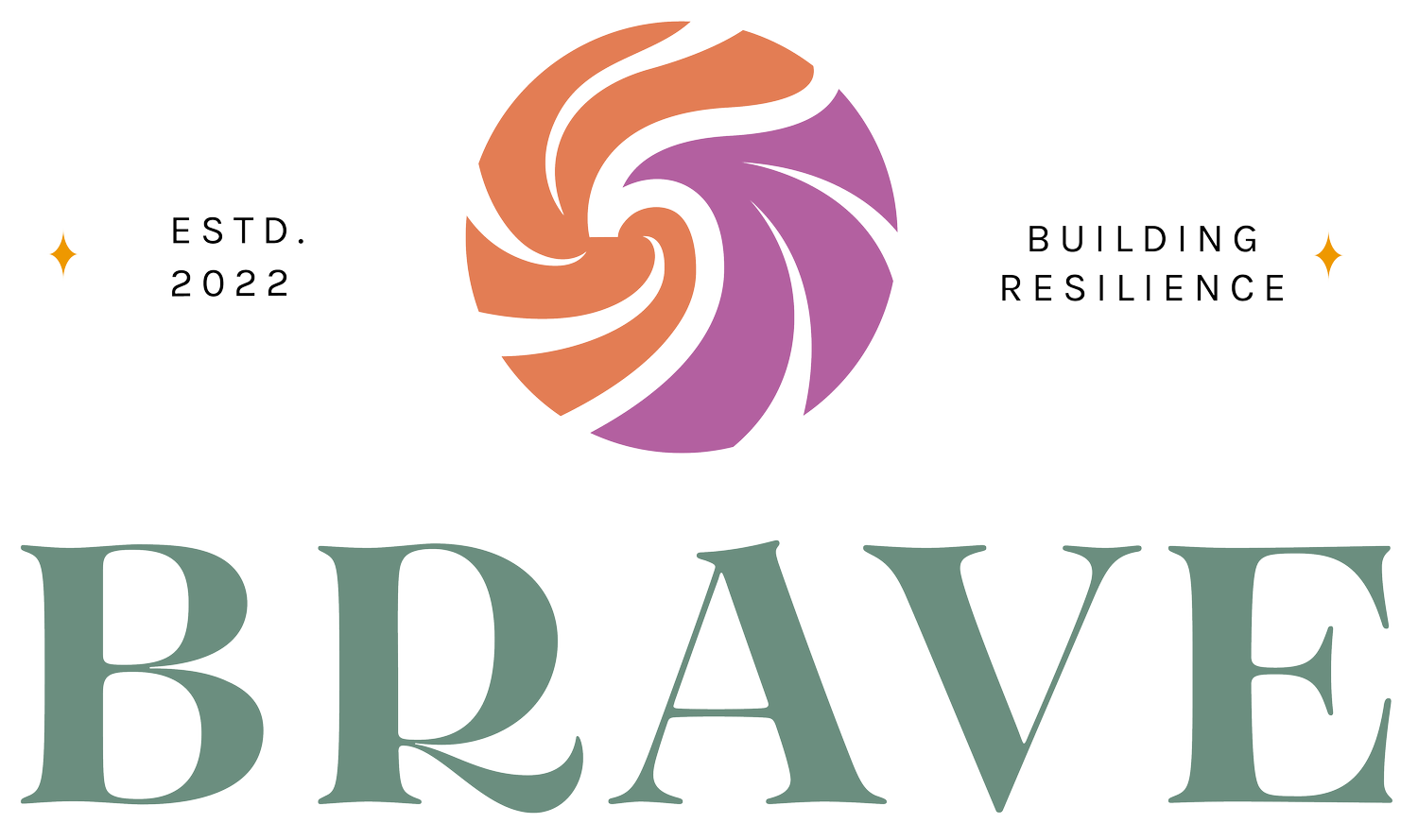Therapist Disconnection: The Quiet Burnout Symptom You Might Be Missing
Please note: This blog was originally published on April 1, 2023 and includes updates and additional resources.
The burnout sign no one warned you about
You can be the most compassionate, skilled trauma therapist in the room and still feel completely disconnected.
From your body.
From your clients.
From the part of you that actually wants to be here doing this work.
That disconnection isn’t laziness. It’s not a failure.
It’s a warning sign.
But please know - it’s not just you and it doesn’t mean you’re a bad trauma therapist.
When disconnection shows up before the dread
We usually think burnout means overwhelm, exhaustion, or maybe fantasizing about quitting altogether. But for many trauma therapists, burnout starts long before that.
It starts with going on autopilot in session.
It shows up when your client shares something powerful, and you feel… nothing.
It creeps in when you’re giving great interventions, but deep down you’re emotionally flatlined.
That disconnection hits at the heart of what you value most: Presence. Connection. Attunement.
And that’s what makes it so painful for you!
Why disconnection is a trauma response not a personal failure
Here’s the truth most of us were never told:
Disconnection is a nervous system response.
When your system doesn't feel safe, you brace. You protect. You go flat.
And most of us were trained to do exactly that:
To stay neutral
To keep our real selves outside the therapy room
To perform presence while suppressing emotion
Over time, those strategies become automatic and we armor up, whether we intended to or not.
Sure, it looks like professionalism on the outside. But on the inside? Your body knows something is off
When your clinical training becomes your armor
The therapist voice (yes, you know what I mean!). The protocol fidelity. The blank face.
All of it starts because of your training, because those are central parts of being a therapist, and also because they make us feel safe. And that’s okay!
But when these strategies become armor, they disconnect us:
From our own felt experience
From our clients’ emotional cues
From the relational healing that therapy makes possible
And that armor doesn’t just protect you from pain—it blocks you from the beauty of this work, too. Moments of hope. Growth. Vicarious resilience.
So how do you reconnect without tossing your training?
The goal isn’t to throw away your skills.
It’s to notice when those skills become armor.
Start here:
Do you feel a shift in your voice at the start of a session?
Do you “gear up” emotionally before seeing a certain client?
Are you pushing through when your body is saying pause?
Pick just one thing to gently observe this week.
Ask yourself:
Is this actually keeping me safe, or just keeping me separate?
Then—try softening. Not all at once. Just 5% more.
Being human isn’t unprofessional it’s the key to healing
Here’s what I need you to know: Being human in session doesn’t make you sloppy. It makes you effective.
Disconnection is a signal, not a verdict. And the more you loosen your armor, intentionally, gently, over time, the more space you make for connection. For healing. For glimmers.
Not just for your clients.
But for you, too.
Ready to reconnect with yourself and your work?
If this post hit close to home, you’re not alone—and you don’t have to keep bracing through every session.
💡 Download my free Vicarious Trauma Tracker
It’s a quick and powerful way to see how vicarious trauma might be showing up in your body, your work, and your relationships—and what to do about it.
🧡 Want real-time support and community?
Inside The BRAVE Trauma Therapist Collective, we talk openly about the impact of this work—without judgment. We unlearn the myths about neutrality. We reconnect to ourselves, together.
If you’re ready to show up as fully human in your work, BRAVE is ready for you.
Join us here







